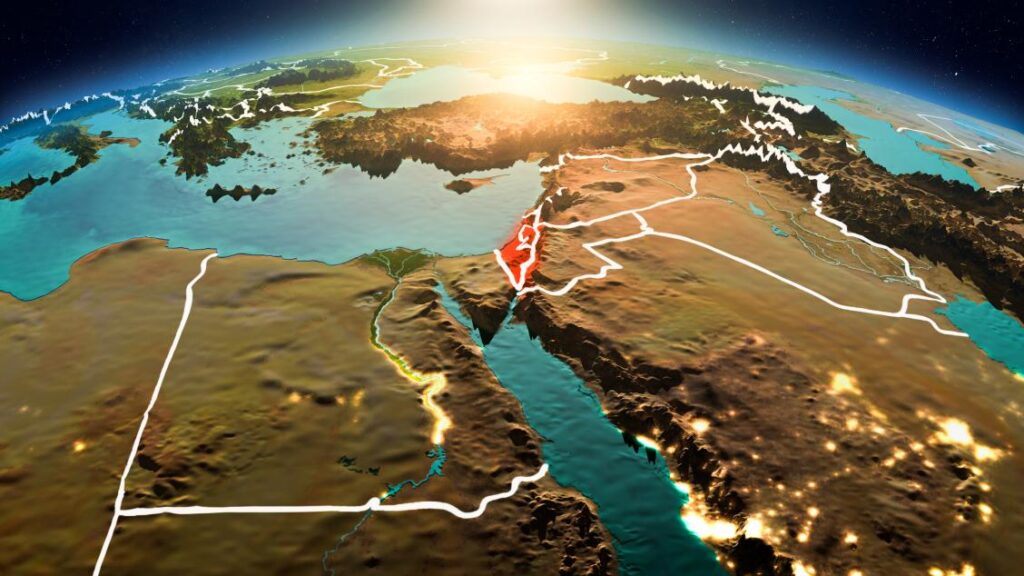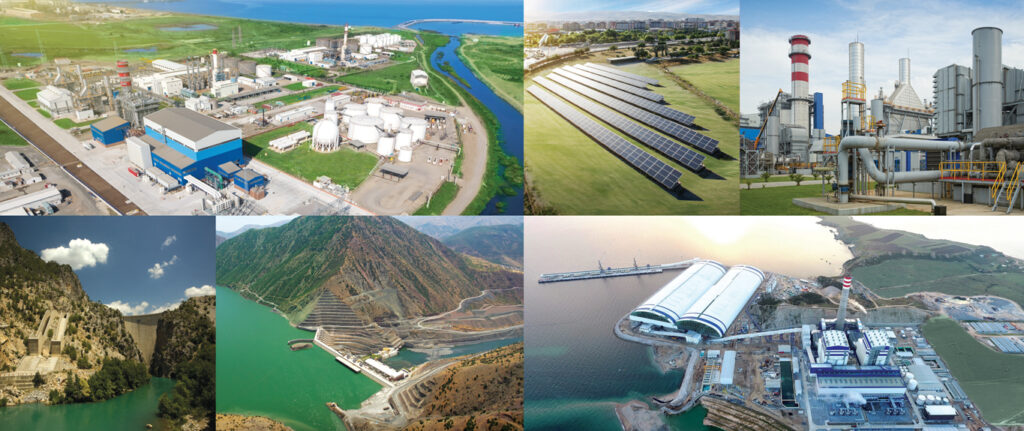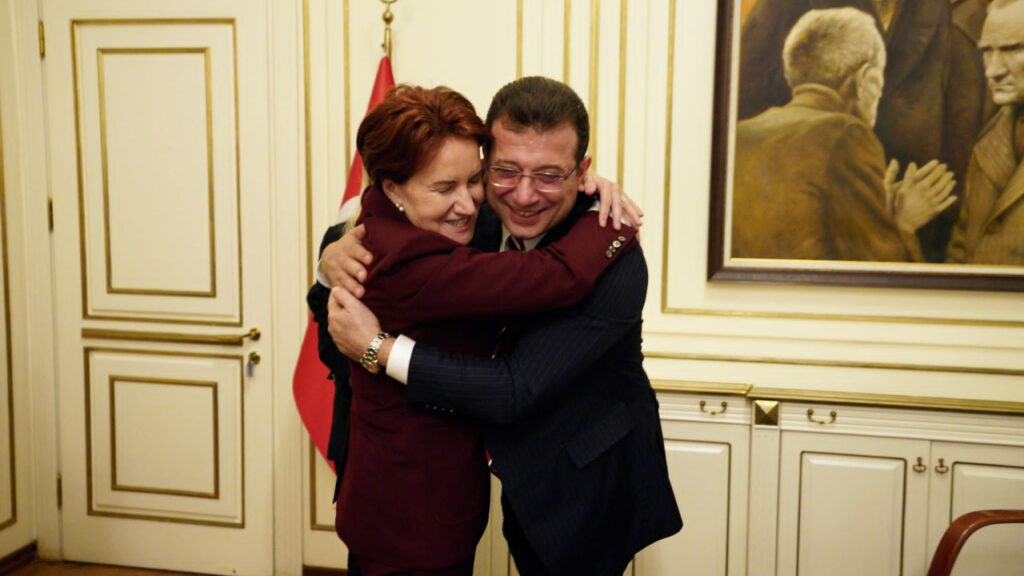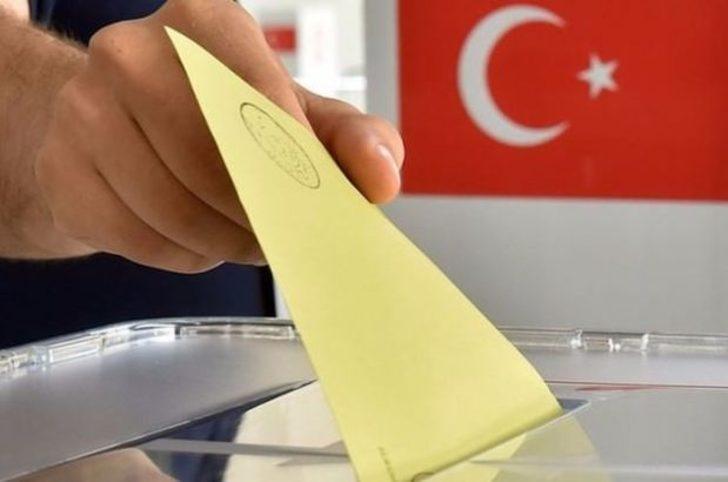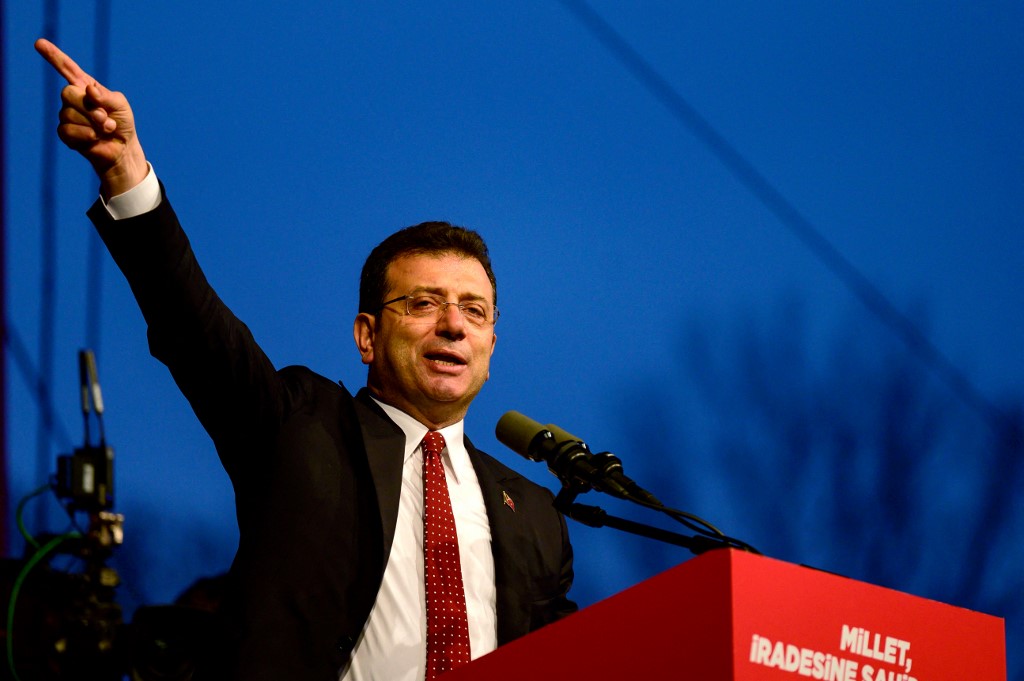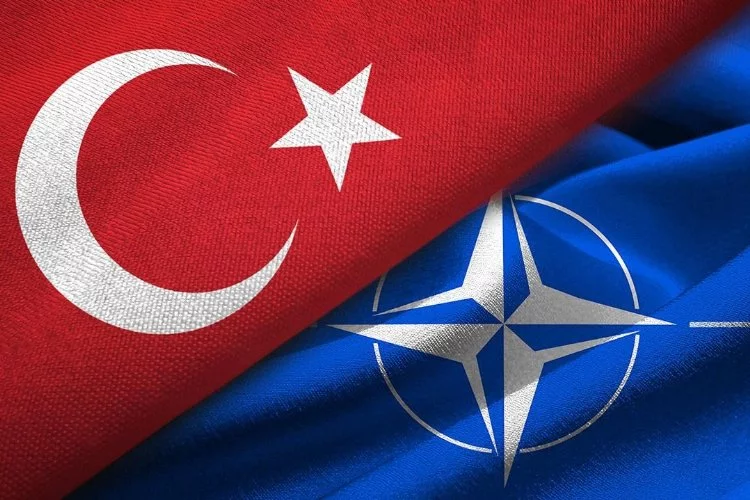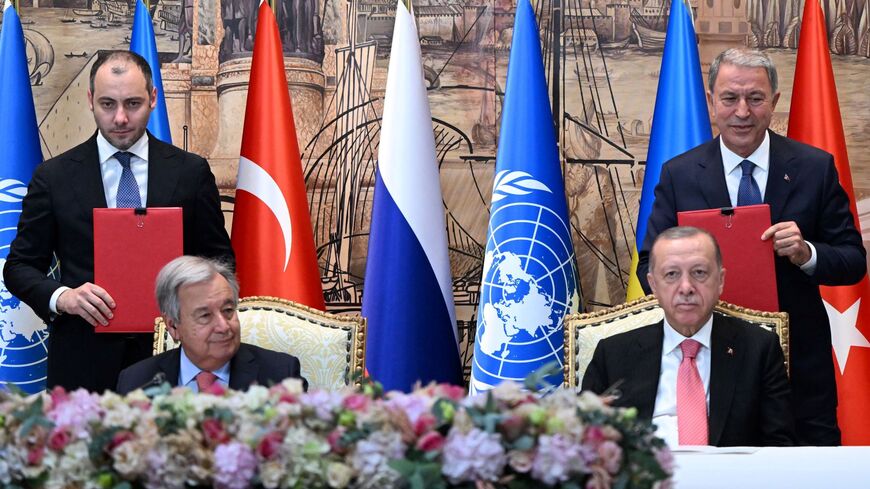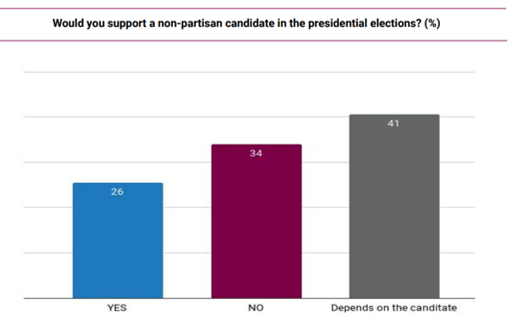“Türkiye aims to join Shanghai Cooperation Organization”
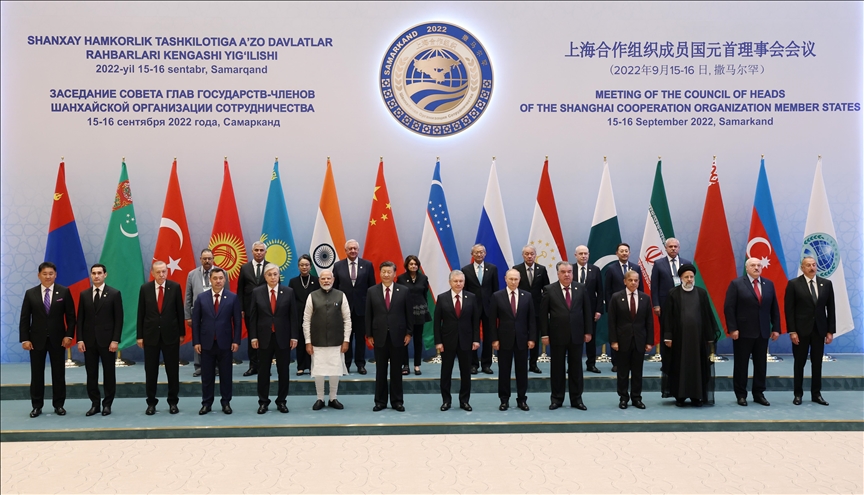
“Türkiye aims to join Shanghai Cooperation Organization”
ANATOLIA REPORT
October 2022
Türkiye aims to become a member of the Shanghai Cooperation Organization, President Recep Tayyip Erdoğan has said, noting that the group’s next meeting in India will be a venue to further discuss this issue.
“We are not a member of the Shanghai Five. The next process is a step toward the most advanced level of this work. This step, of course, will come to the agenda at a more advanced level in the talks in India, which will be the host of the upcoming period,” he told journalists on Sept. 17 on his plane from Uzbekistan to Türkiye.
Erdoğan reminded that the organization was once called Shanghai Five, but now it has nine members, along with three observer members and nine dialogue partners, including Türkiye.
The world powers have no intention to make efforts for the solution of the Ukrainian crisis, Erdoğan said and stressed that Türkiye has initiated this bid and kept a balanced policy between Ukraine and Russia.
Reminding the export deal signed by Türkiye, the U.N., Russia, and Ukraine, which resumed Ukraine’s Black Sea grain exports, Erdoğan said they discussed the issue with Russian President Vladimir Putin. The grain corridor should address less developed countries rather than developing countries, and Türkiye will make efforts for this purpose. Ankara also has contacts with relevant parties for the export of Russian grain and fertilizers, Erdoğan added.
“New anti-Western alliance”
The organization, of which Türkiye is a dialogue partner, was established in 2001. Its members include Russia, China, India, Pakistan, Kazakhstan, Kyrgyzstan, Tajikistan and Uzbekistan.
Whereas the SCO gained further importance with India and Pakistan joining in 2017, the Samarkand Summit attracts extraordinary attention in light of the Russia-Ukraine war. Indeed, the Western media have been describing the Summit as a “new anti-Western alliance” and a “meeting point for the West’s opponents.” Moreover, they stress that Iran, the Gulf states, Egypt and Türkiye showing an interest in the organization could have serious consequences for the West and the Middle East.
In the wake of the Ukraine war, the Chinese and Russian leaders, Xi Jinping and Vladimir Putin, are expected to throw their weight behind various projects intended to ensure that the SCO play a more active role – despite the ongoing competition among them. Hardly anyone would be surprised to see that those folks, who have been critical of Türkiye’s refusal to join the sanctions against Russia, respond to Erdoğan’s participation in the Samarkand Summit with the all-too-familiar complaints about his country’s “axis shift.” It goes without saying that I disagree with that line of criticism.
Here’s what is happening: Ankara adapts to the new circumstances, rooted in great power competition, by remaining part of the Western alliance. As alliances become more and more meaningful, Türkiye opts to develop multiple relationships. As an influential regional power, it has accumulated enough experience to conclude that those old-fashioned approaches, which were considered obvious choices, do not yield results.
After all, how would a traditional sense of alliance help respond to the United States and the European Union providing military support to the PKK-YPG or their attitude toward the Gülenist Terror Group (FETÖ)?
It is absolutely no coincidence that many observers believe the Samarkand summit signals a geopolitical shift in the international system. The coronavirus pandemic and the Russia-Ukraine war have expedited great power competition. That development is expected to trigger widespread and major changes over the next years.
According to Richard Haass, who argues that the 2020s could witness a century’s worth of change, says that this is a “dangerous decade” due to the “sharp decline in world order.” That development occurs at the intersection of old threats, such as great power competition, imperial ambitions, the fight over resources, and new issues like climate change, the pandemic, nuclear proliferation, at a time when the United States cannot deal with them. The Shanghai Cooperation Organization, in turn, brings together Russia, which Haass calls a “near-term problem,” and China, a “medium and long-term challenge.” Keeping in mind that many nations, which are not part of the Western alliance, have not joined the sanctions against Russia, it is possible to understand why Haass is so concerned about the rise of anti-Western world order. As the United States increasingly lacks the ability and will to fix the existing world order, it is a simple fact that the non-Western world remains on the rise. It is also obvious that India, the Gulf states and the Middle Eastern nations are coming to terms with that reality.
The critics of Türkiye’s policy of actively balancing Russia and Ukraine have claimed that Erdoğan “agrees with Putin” and “sides with Russia.” Others interpreted the Turkish president’s remarks in Serbia as a sign that Ankara was “shifting toward Moscow.”
Instead, Türkiye has been trying to strike a delicate balance between Kyiv and Moscow. The country, which refused to join the sanctions against Russia, supplied Ukraine with armed drones that made a significant difference on the battlefield. Able to speak with both sides, Ankara plays an important role in the grain deal and in ensuring the safety of the Zaporizhzhia nuclear power plant.
The Turkish influence has been recognized by French President Emmanuel Macron, who recently complained that Türkiye was the only power in contact with Russia, and the Russian leader, who stressed that he had created the grain corridor with Erdoğan.
As such, it is important to focus on Türkiye being simultaneously part of the Western alliance and on good terms with the SCO members, including Russia. To think of those relationships as a “contradiction” would be misleading. In the emerging world order, Türkiye’s position, opportunities and threats cannot be sustained by subscribing to the narrow patterns and impositions of the traditional idea of alliances.
Türkiye’s participation in the SCO Summit represents an effort by that country to take its foreign policy from a regional to a global level.
Foreign Policy Objectives of Türkiye
In terms of its political foreign policy priorities, Türkiye follows a multi-vector and balanced policy among international actors and tries to diversify its relations with Western and Asian countries. Due to its geographical location, Türkiye is one of the main countries that play a key role in the Euro-Atlantic world and Eurasia. Ankara’s main foreign policy priority at the summit was to improve its relations with the great powers of Eurasia, especially China, Russia and India, to increase its strategic autonomy, develop different political alternatives, and strengthen its position vis-à-vis Western countries.
Another objective for Ankara is to diversify its relations, as well as to strengthen its credibility and impartiality as a potential mediator by interacting with different countries. The fact that Russia and Ukraine accepted Türkiye as a mediator for the grain agreement, and Beijing’s invitation of the Turkish delegation to visit the Xinjiang province, demonstrates Ankara’s reliability and impartiality on the world stage. Moreover, attending the summit at the presidential level shows that Türkiye, as a member of the Euro-Atlantic community, is not only trying to improve relations with the Western world but also prefers to develop relations with the actors in Eurasia as a reliable connection between East and West.
In the context of economic priorities, Türkiye has a great opportunity to expand its trade relations and increase its export to SCO member countries. The total trade volume of SCO member states also increased from $668.09 billion in 2001 to $6.06 trillion in 2020. And its share of global trade increased from 5.4% in 2001 to 17.5% in 2020. Ankara has a great chance to interact with member countries and dialogue partners and strengthen bilateral trade volumes which create mutually beneficial conditions for both sides.
Second, by way of cooperation, Türkiye can create new opportunities for Turkish companies to expand their presence and play a more active role in emerging economies.
Türkiye plays a critical role in the East-West rail trade. Ankara not only makes infrastructure investments in the region but also cooperates with South Caucasian and Central Asian countries at a bilateral and trilateral level for strengthening connectivity through Eurasia.
Last month’s events such as Türkiye-Azerbaijan-Kazakhstan and Türkiye-Azerbaijan-Uzbekistan trilateral cooperation are indicators of Ankara’s connectivity strategy.
Particularly, Türkiye’s Middle Corridor Initiative plays a critical role in the East-West rail trade. In this context, Ankara’s active involvement with the SCO creates a new opportunity for Türkiye to coordinate its Middle Corridor Initiative with member countries’ connectivity strategy, especially with China’s Belt and Road Initiative. Cooperation at the SCO level can help improve Ankara and SCO countries’ hard and soft infrastructure and optimize railway trade through Eurasia.
To sum up, SCO and new actors in the organization create different political and economic opportunities for Türkiye.
In the short- and medium-term, Ankara’s proactive foreign policy toward the SCO can strengthen its strategic autonomy vis-vis Western and Asian powers and create much better conditions for the continuity of a balanced and multi-vector foreign policy.

